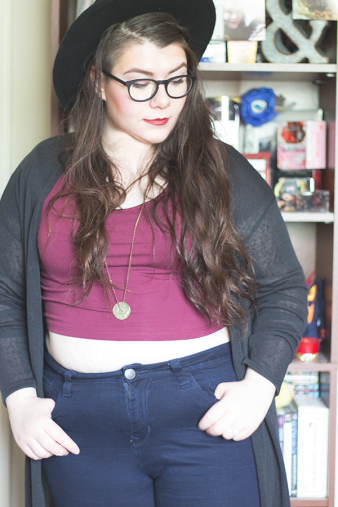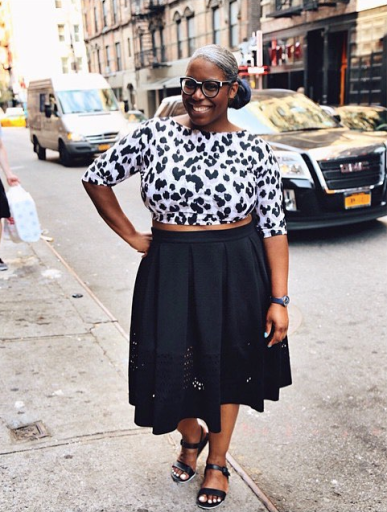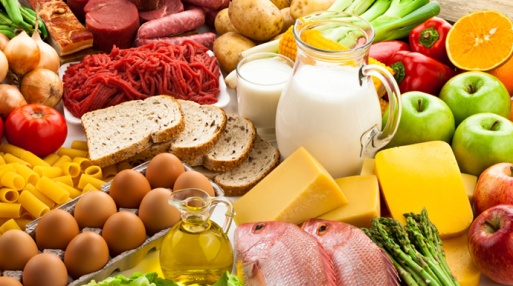
I’ve written about this before, but it’s so important that I decided that it is time for a refresher. It’s important because if you are following the recommended daily allowance of calories, or advice you’ve read on the internet, or used a calorie calculator to try and work out how much your body needs, then you are almost certainly not getting enough energy for your body.
So we all know that currently the RDA is 2000 calories for women, and 2500 for men, but what most people don’t know is that number is too low. Especially if you are under 25. For people in recovery from restrictive eating disorders, it’s wayyyyyy too low. Under-eating is damaging to our bodies and to our minds. People who do not diet and eat by listening to their hunger and fullness cues do not eat the RDA when it comes to calorie intake.

So let me tell you a story.
In 2009 the calorie guidelines were reconsidered when a study found that energy requirements had been underestimated by 16% (around 400cals). What is telling is how the guidelines weren’t changed to accommodate these new findings. On the NHS website is written
“This news does not mean that everyone can, or should, now eat an extra cheeseburger or its equivalent in calories a day. The advisory committee makes it clear that the revised energy intake recommendations do not mean that people should increase the amount they eat and that, if people do eat more, they will need to do more exercise to avoid being overweight or obese.”
What we have here is science telling us that the current calorie guidelines underestimate the energy REQUIREMENTS, yet we are being told by our medical community and our government to not eat the amount that our bodies need. Regardless of the fact that studies found that we need more energy, the government put this on its website in 2017:
“The new campaign, due to launch in the spring of 2018, aims to help people be more aware of and reduce how many calories they consume from the 3 main meals of the day, in particular when eating on the go. There will be a simple rule of thumb to help them do this: 400:600:600 – people should aim for 400 calories from breakfast and 600 each from lunch and dinner.”
There the government are advising 1600 calories as a rule of thumb, and cited obesity as the reason for this. “As we are the sixth most overweight nation on the planet, we believe it is a sensible thing to do.” A sensible thing to do? To deny scientific findings, which have, by the way, repeatedly shown that the calorie guidelines are inadequate? To me that sounds like irrational fatphobia, and a complete misunderstanding about health, which is a pretty scary thought since this information comes from the government itself, not to mention our health physicians. It shows very clearly how our entire society including the medical community and our government is indoctrinated in diet culture and fatphobia, so much so that they will dismiss actual science in favour of advising that people restrict to stay thin. Even when this is unhealthy. Even when it harms us. How can we accept this?

So what do we do about providing our bodies with enough energy? As stated above, evidence shows that adult women need around 2400 calories and adult men 2900 calories. This is extremely similar to the calorie guidelines shown on The ED Institute website run by Gwyneth Olwyn, who developed the Homeodynamic Recovery Method (formerly known as the MinneMaud Guidelines). Olwyn has always promoted 3000 calories for men over 25 and 2500 calories for women over 25. Under 25 the recommendations are 3500 and 3000 calories respectively, due to the fact that our bodies continue to grow and develop until around that age. Those who exercise or have children need more energy to cover this. On her website you can read an extremely detailed blog post on why the government approved calories guidelines are entirely inadequate, with far more scientific evidence than this simple refresher.
In remission you will have learnt how to listen and respond to hunger and fullness cues and your body will give you signals in order for you to provide it with the right amount of energy, without counting calories. Until then, it is advised that you keep track of calories in order to ensure that you are getting enough energy for your body (I wrote an entire post on this here). I urge you with all my heart to take note of the science, and take care of your body accordingly. Nourish your body. Respect it. Listen to it. Provide it with what it needs.

On that note, it is also totally normal for someone in recovery from a restrictive eating disorder to eat far more than the calorie guidelines. This has been coined “extreme hunger” in restrictive eating disorder recovery. Extreme hunger is where you are eating above and beyond the calorie guidelines by quite a bit (e.g. over 4,000 calories). Eating between your guidelines and 4,000 calories is additional hunger but not classed as “extreme”, however the following explanation also applies. The reason you might find yourself eating an extreme amount of calories is because your body has acquired significant damages during your restriction and engagement with disordered and harmful behaviours. Your body needs energy for the day (actual daily guideline amounts – NOT the inaccurate government approved guidelines) but it also needs energy on top of that in order to heal the internal damage done to your body. Some people need more, and some people need less. Some people will find their bodies are calling for a more extreme amount for a shorter period, and some people may find that their bodies are calling for a less extreme amount but over a shorter period. This is something that will taper down in time to settle more around the guidelines, but whilst your body is damaged, it often will need more, and whilst it can be terrifying, it is normal. I always compare it to when burns victims are in hospital and put on a high-calorie diet in order to give the body enough energy to heal the damaged skin and flesh. It is a similar concept in that your body will need more energy on top of daily energy expenditure to restore itself to good health internally. You can read several of my blog posts about extreme hunger that include much more detail here and here. also I have my very own YouTube video on the subject, which you can watch here.

It is a sad, and frankly terrifying fact that we can not always trust our own government or medical communities to ensure our good health. It is frightening how diet culture and fatphobia are so prevalent in every single area of our society, so much so that we can’t even escape it even when we turn to those whose responsibility is to provide us with accurate information in order for us to be as healthy as possible. What we must do is look for ourselves. Research for ourselves. Critical review the information that is given to us, and then take care of ourselves, and if we can, take care of others by enabling the science to be available to others. And most of all, heal the relationship between ourselves and our bodies, and then listen to them – our bodies have the most reliable information on how much we need to eat, and they share that information with us via hunger and fullness cues. Listen.
You can read my original and more detailed blog post on why we need more calories here.



























